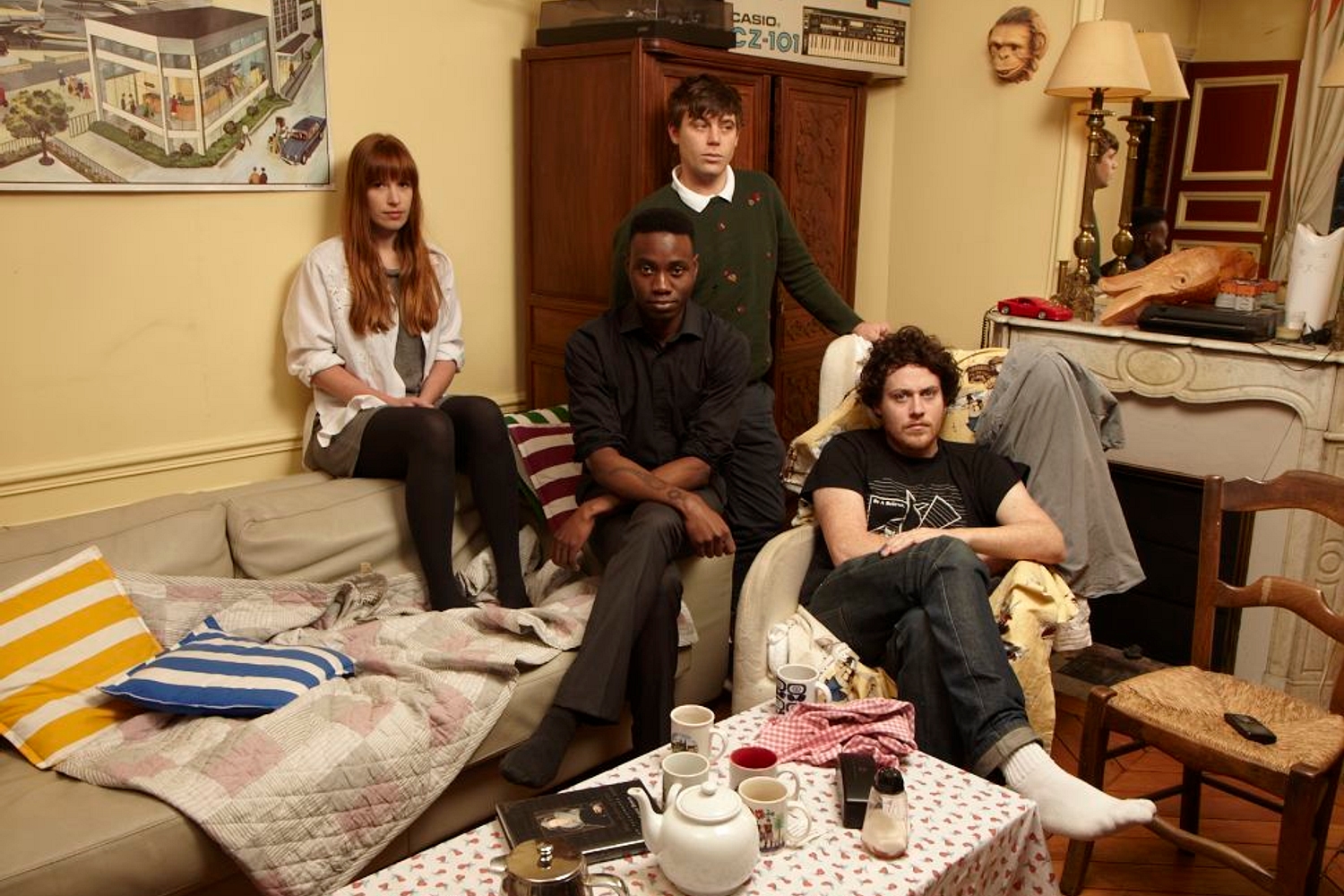
Interview Looking back on 10 years of Metronomy’s ‘The English Riviera’: “I wanted to prove I could do something really accessible and pop”
Joe Mount chats us, track by track, through his memories of the band’s game-changing 2011 release.
As the days get warmer and our freedoms finally increase once again, is there a better album to soundtrack lazy days spent drinking in the sun and hopping over to the beach than Metronomy’s 2011 masterpiece ‘The English Riviera’?
A record that transformed Joe Mount and co from semi-niche electronic outliers into a band that would go on to dominate end of year lists and remain one of the UK’s finest to this day, it was an ode to the British coast that made a global star of its provincial quirks - and spawned some genuine crossover hits in the process.
With ‘The English Riviera’ receiving the 10 year anniversary reissue treatment (out today!), Joe talks us through his memories of that game-changing time, along with a track-by-track look back at his modern classic album.
‘The English Riviera’ has become your most successful album to date - were you aware that it might have that crossover potential or longevity at the time?
At that time we were among a bunch of bands, and I think I felt that people had misunderstood what I was about and what Metronomy was and potentially could be. I’d released [second album] ‘Nights Out’ and I remember feeling quite upset about some of the reviews; I took their reaction to it to be that they weren’t taking it that seriously, that anyone could do it and it was a bit throwaway. So I wanted to make an album which showed people that it wasn’t throwaway and I knew what I was doing, and that if I wanted to I could do something really accessible and pop. I wanted it to be popular and to reach people who previously hadn’t been reached by Metronomy, but my expectations were here [gestures low to the ground] and what happened was way beyond that, and I think that’s because in the end it wasn’t a cynical record, there was real meat to what it was about and the idea behind it. It did much more than I thought it would and it still does.
So there was a frustration that ‘Nights Out’ was underrated at the time?
It’s worth saying that, when I was writing [The English Riviera], I was 25/ 26 and when I was that age I had a very different frame of mind to now. I was trying to assure my career and make sure that I could do it forever, so there’s a competitive nature you have when you’re younger that isn’t cynical or nasty: it’s the same stuff that makes people make brilliant music when they’re younger because there’s this weird, amazing combination of competitiveness and naivety. You’re young, but you think you’re very old and smart and clever. A lot of people’s most celebrated albums are made at that time.
Why head thematically back to your hometown for the record?
I think that’s where it became a much more genuine and - I don’t want to say magical - but an unpredictable thing. I was aware that I was writing some stuff which was a bit more polished and with a sheen, and I wanted to give it a reason to be like that. At that age I still felt really connected to where I grew up. I was still thinking about the place a lot, and I was listening to a lot of Steely Dan, and Hall and Oates, and The Eagles. I’d visited California for the first time and found it really incredible, and I just realised how there was this strange connection and similarity between the West Coast and [where I’m from]. So then I thought, well this is fun and there’s some mileage in this feeling.
Track By Track
‘The English Riviera’
I was trying to write an emotional piece of orchestrated music, but because it was played by a single violinist, it ended up sounding much more fragile - it wasn’t supposed to sound as shonky as it does!
‘We Broke Free’
The idea was that ‘We Broke Free’ would be the first proper track people heard on the album and it would be completely different to anything they’d heard from us before. You can only really do that one time in your career, so maybe that’s why [the album] worked so well.
‘Everything Goes My Way’
What I love about Roxanne’s [Clifford, guest vocalist] voice is that it sounds effortlessly English. It’s a bit of an old folk voice - when people can sing very beautifully and still have an accent that sounds like them when they talk.
‘The Look’
I didn’t realise it was going to be ‘that’ song. The arrangement of it is quite unusual - there’s not a chorus, there’s not really a verse, there’s nothing - but it’s this song that becomes bigger the more it stays around.
‘She Wants’
I think it was a good decision to be the first single because it signalled that something different was happening. For the first time, I guess I was trying to write a song about an idea, of being awake and someone else being asleep…
‘Trouble’
‘Trouble’ doesn’t have any synthesisers on it, and I was working a bit backwards - trying to do something less electronic and less synthesiser-y, and thinking about songwriting in a different way. It’s just about not wanting to go out, really!
"People make brilliant music when they’re younger because there’s this weird, amazing combination of competitiveness and naivety."
Track By Track
‘The Bay’
At the time, [bassist] Benga said the album was like Daft Punk meets The Eagles, and I think it was this song he was talking about when he said it. For a long time it was gonna be called ‘Hollywood’, but I guess the small moment of clarity - or genius? - was realising it was so much better to do a song that had all of that feel but was about Devon.
‘Loving Arm’
I was listening to a lot of Stevie Wonder and in particular ‘Pastime Paradise’ from ‘Songs in the Key of Life’. This was supposed to be proper concept-album-album-track material - something that added to the atmosphere and the world of the album.
‘Corinne’
It was recorded pretty much just because the label wanted another single - quite mundane. But now it doesn’t matter that that’s why it exists because it’s a cool track!
‘Some Written’
Even though the way I got into making music was through computers and programming, I consider myself to be quite a good drummer. So with ‘Some Written’ I thought it would be fun to play the drums and play them well, and do this jazzy song - to be a bit muso.
‘Love Underlined’
I’d recorded Anna playing this loop of drums and was trying to write songs around the rhythm, and ‘Love Underlined’ was what ended up being made. I think I wanted the album to have an outro, but I ran out of time. It’s funny cos you listen to someone waffle on about a classic record and the decisions behind it all, but it just happens to be that that’s when the album ended…
What’s the feeling that you wanted to put across?
I was listening to this music that was made in a sun-soaked place - this very expensive, indulgent music - and then realising that there was a complete similarity in attitude. These Laurel Canyon hippies and Totnes; there was much more common ground than I realised. So I wanted to try and make something quite indulgent, that sounded like this idea I had of American music, but instead of using some massive Sound City studio Los Angeles, we were in a converted garage in Canada Water. Using your imagination is the key to making it sound like it does.
How do the ‘new’ tracks on the reissue fit into the album story?
There are a few songs which are as they were left - there’s one called ‘Friends’ which, for a long time, I was convinced was gonna be on the record but I was never happy with how it ended up - although now I think it could have done. I guess that’s the part of doing a reissue that’s quite entertaining: you get to go through all the old stuff and remember the thought processes you went through to disregard stuff and how, with the benefit of hindsight, you think, ‘Oh I should have put that on!’.
‘The English Riviera’ turned out to be your biggest album so far, what do you think connected so well?
I really think it’s to do with things lining up. Every thing and person played a part. On the one hand, it’s a record where I wanted to stamp some sort of authority on the situation, but the record label also wanted to prove themselves in England, and a lot of things were happening in journalism; it felt like all these things were connected and everyone was trying to make some sort of mark at a similar time. Also it was a summery record and the weather that year was really nice! Anyone will tell you that there are thousands of amazing albums out there that haven’t had those things line up, so it’s serendipity but also it was a good album.
Agreed!
‘The English Riviera 10th Anniversary Edition’ is out now via Because Music.
Records, etc at

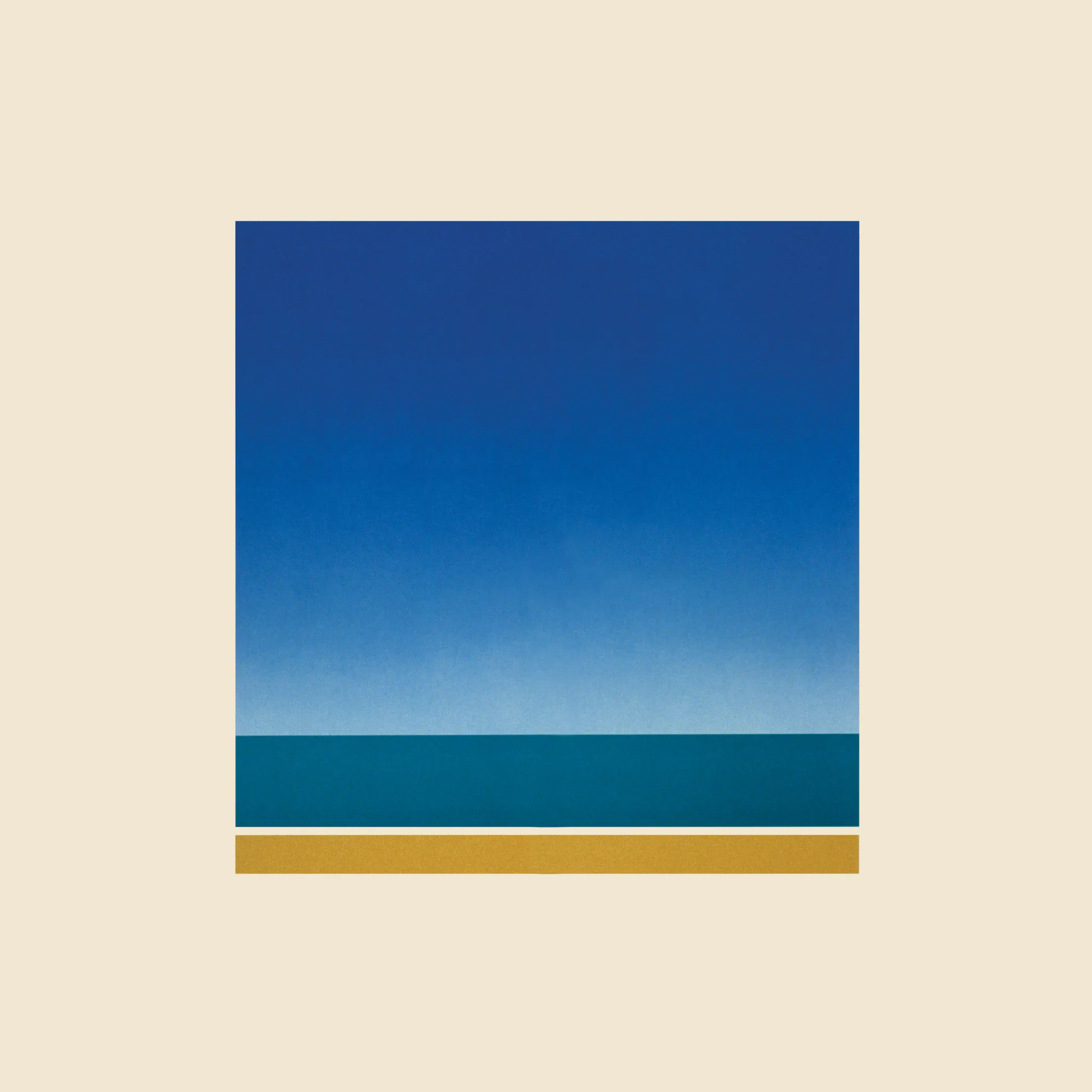
Metronomy - The English Riviera (Instrumentals) (Vinyl LP - black)
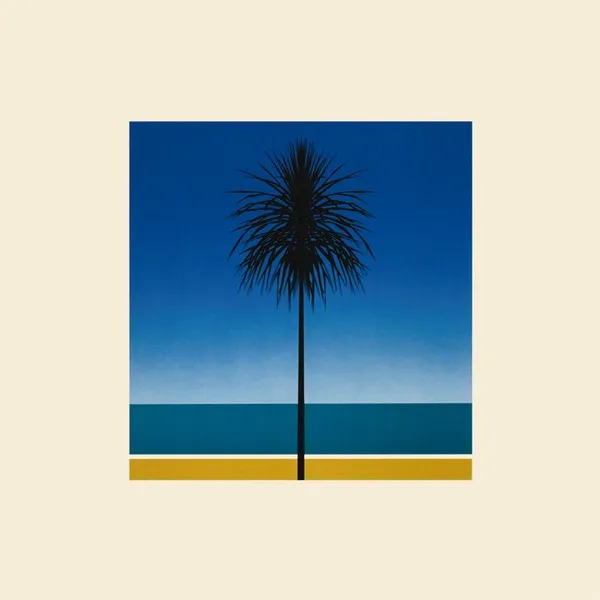
Metronomy - The English Riviera (Vinyl LP - black)
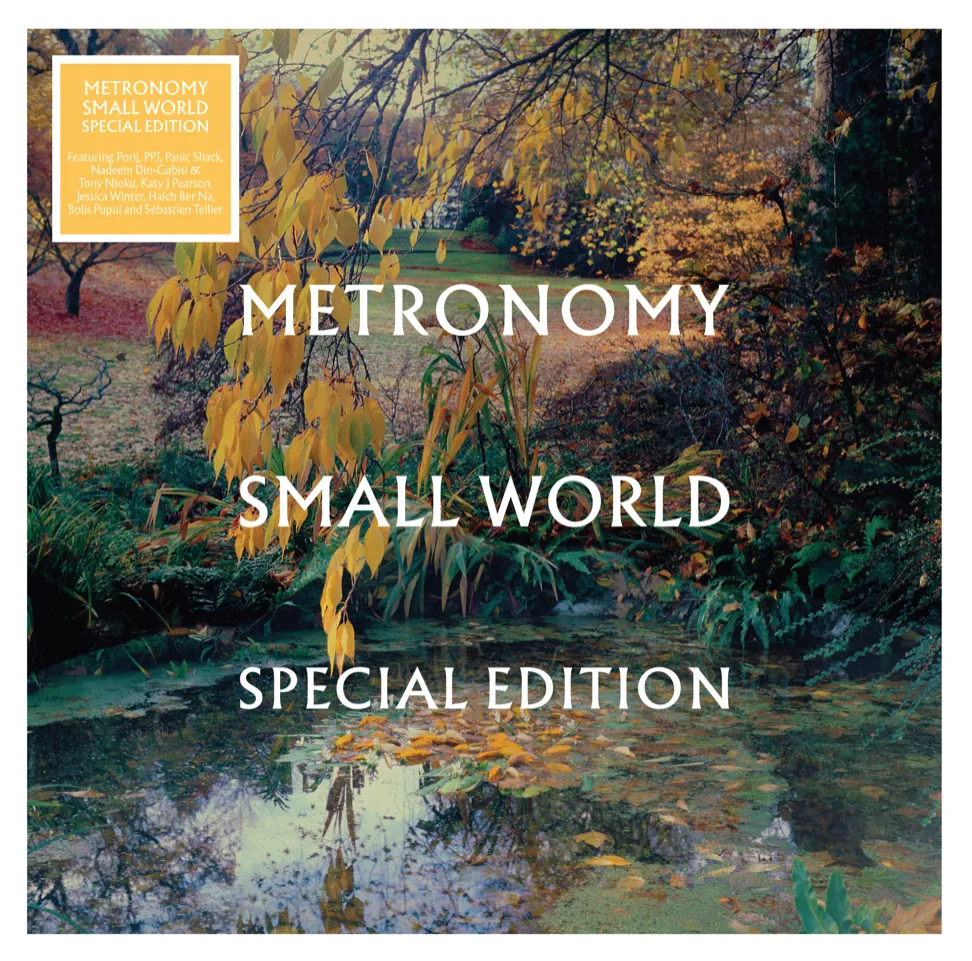
Metronomy - Small World Special Edition (Record Store Day) (Vinyl LP - black)
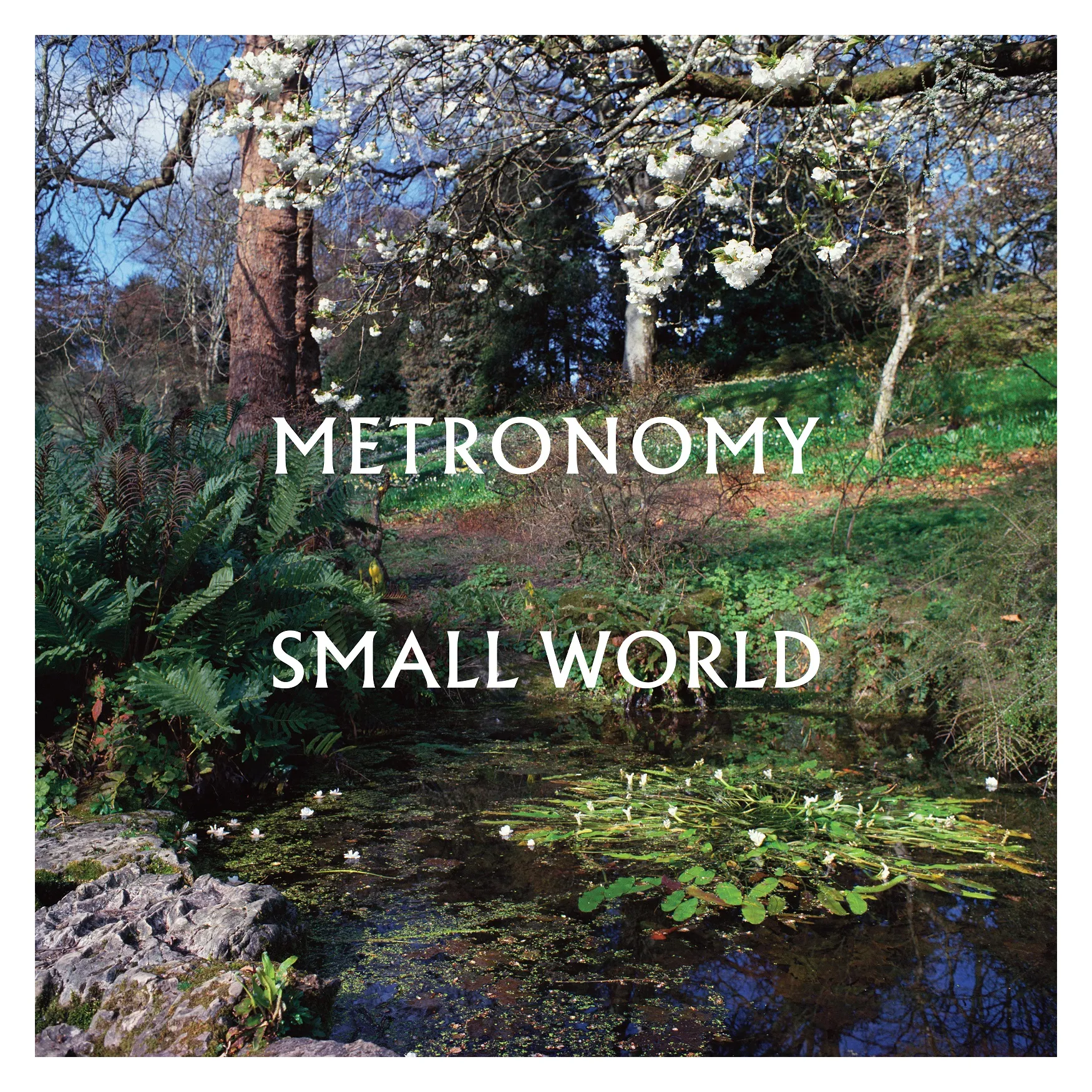
Metronomy - Small World (Vinyl LP - clear)

Metronomy - Small World (Cd)
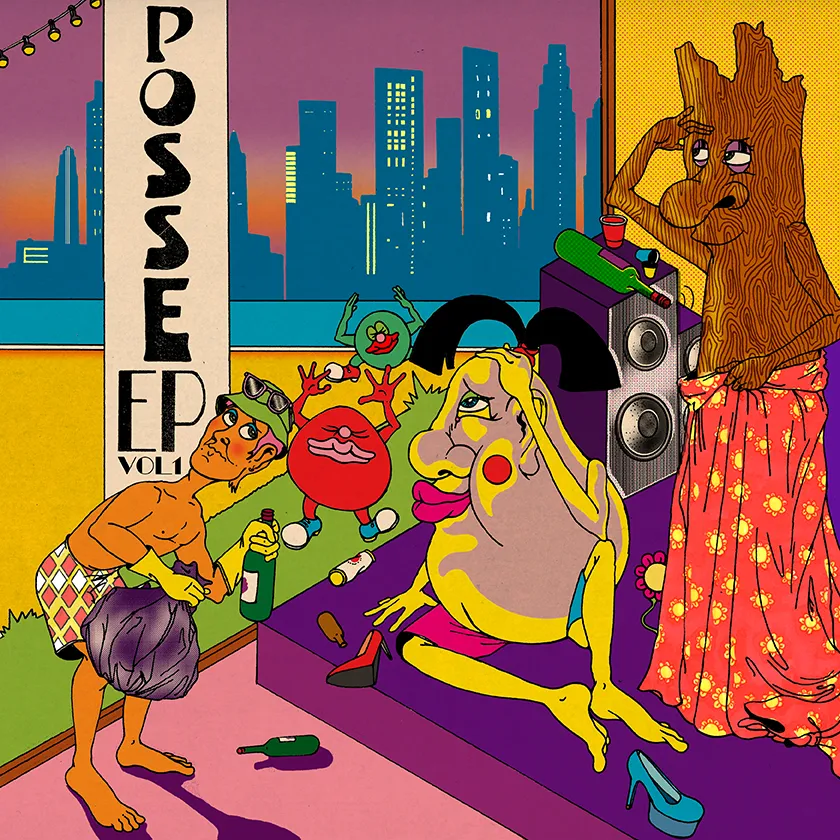
Metronomy - Posse EP Volume 1 (Vinyl 12 - purple)
Read More
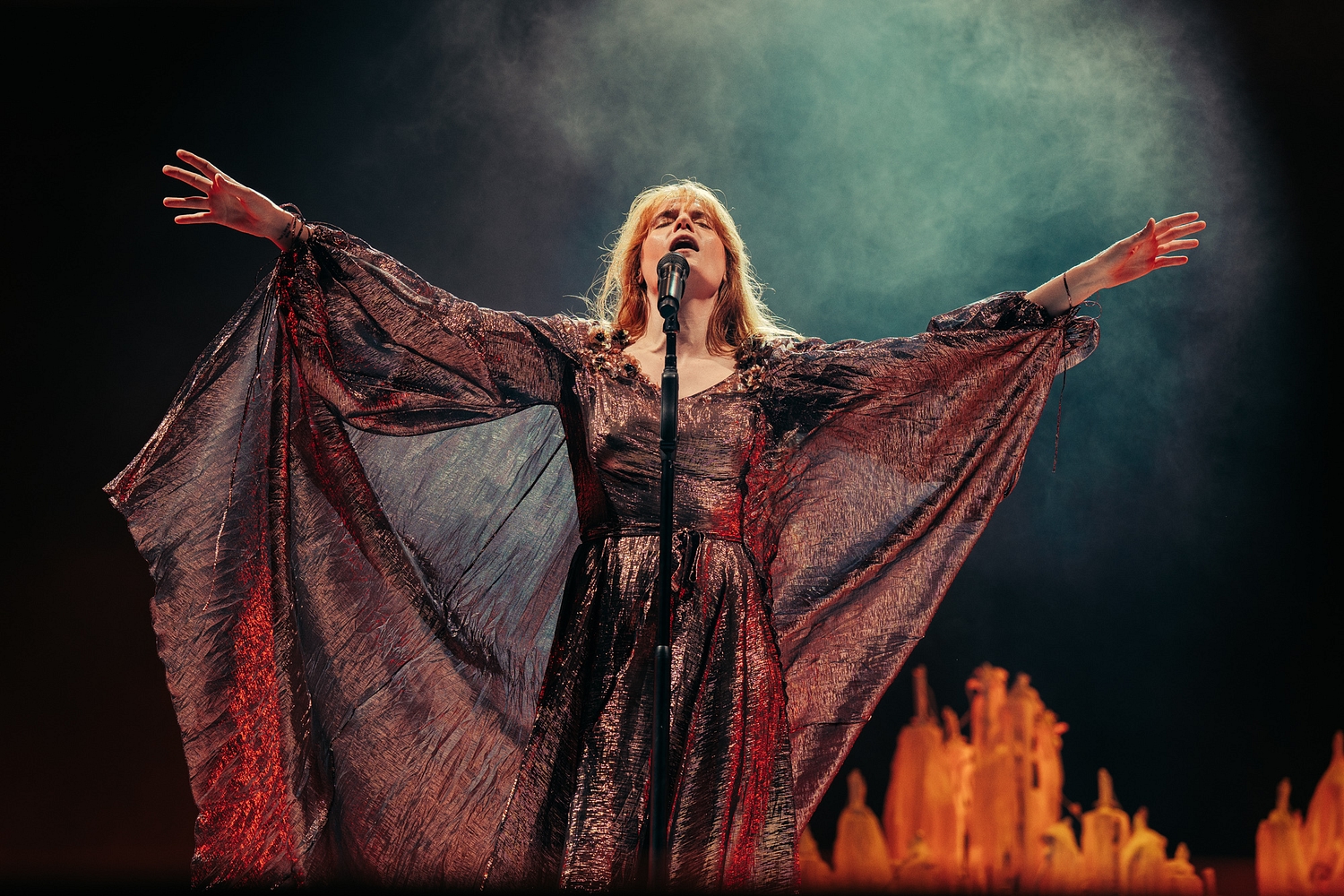
Florence + The Machine, Foals and Amyl & the Sniffers swing big at the second year of Málaga’s Cala Mijas
As for Friday headliners The Strokes, it’s a tale of two halves…
4th September 2023, 5:48pm
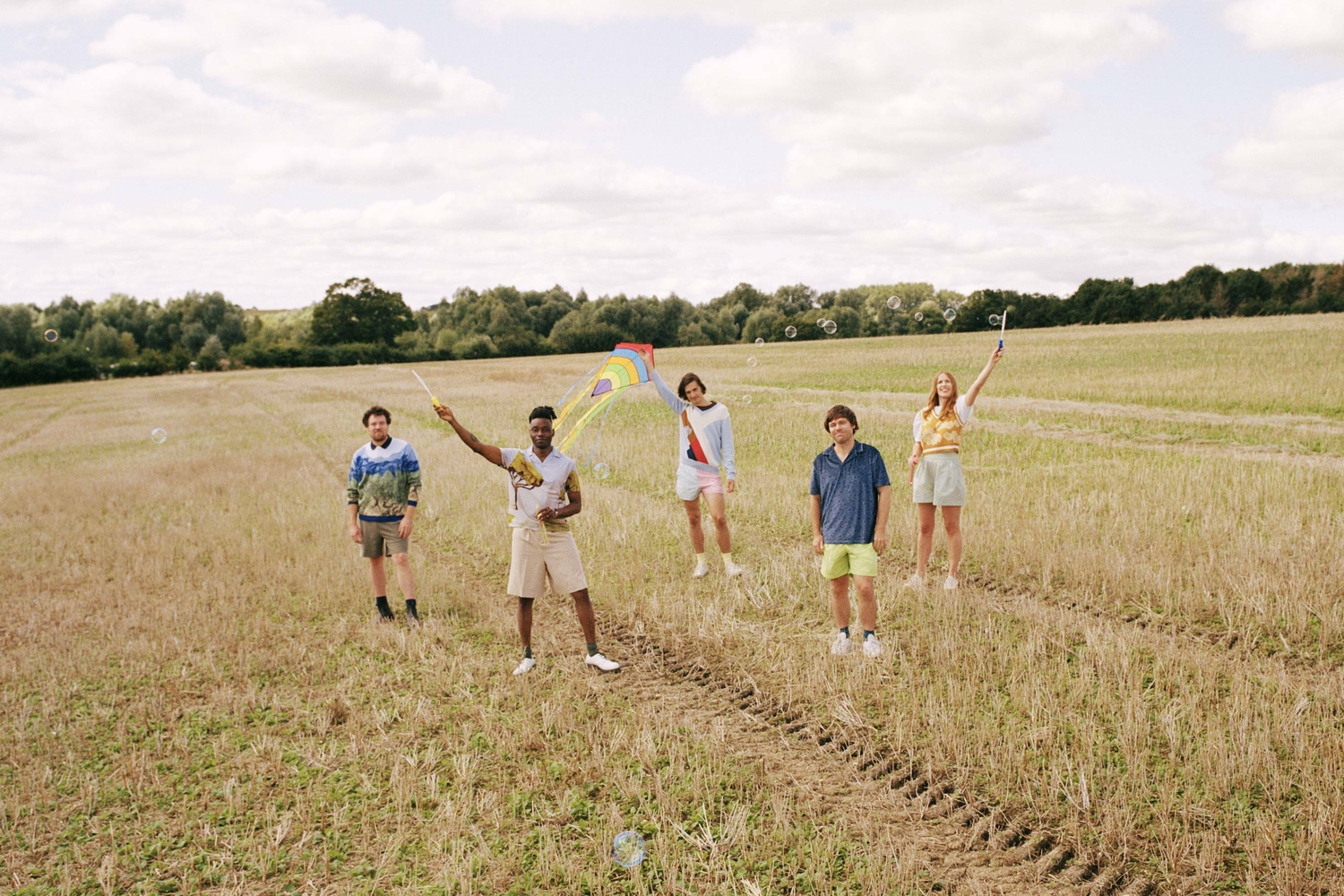
All The Small Things: Metronomy
New LP "Small World' might mark Metronomy's most pared-back work to date, but as Joe Mount enters his self-proclaimed "phase two', he's feeling more content than ever.
23rd February 2022, 12:00am

Metronomy - Small World
4 Stars
Metronomy’s most pastoral record.
18th February 2022, 12:00am

Metronomy share ‘Things Will Be Fine’
It’s the second single from their forthcoming seventh album.
12th January 2022, 10:33am
With Bob Vylan, St Vincent, girl in red, Lizzy McAlpine and more.
